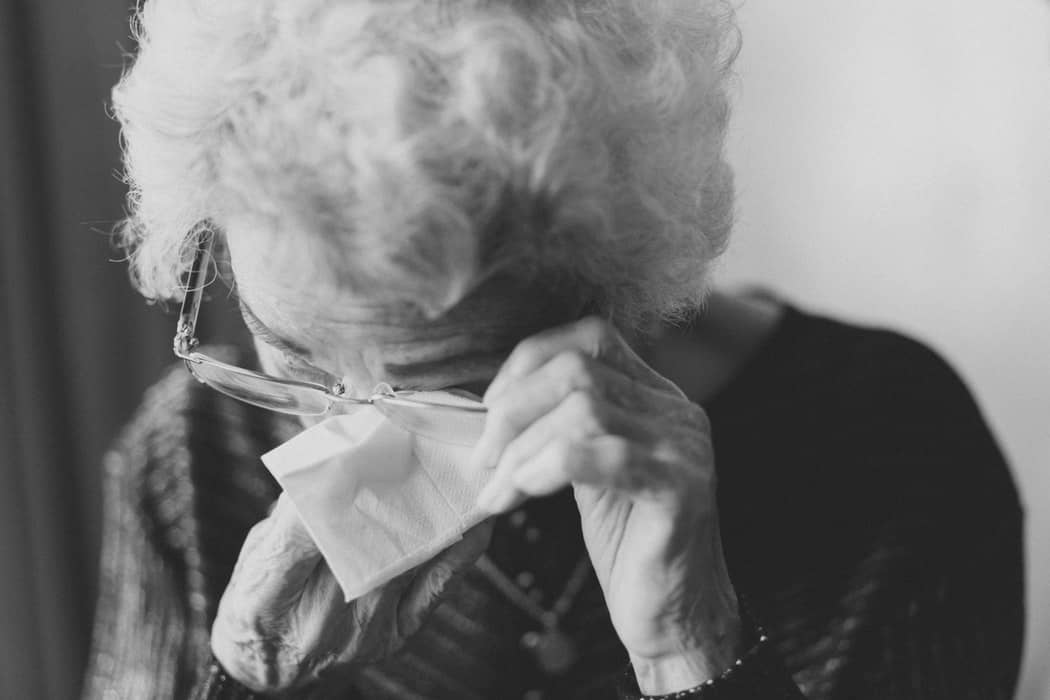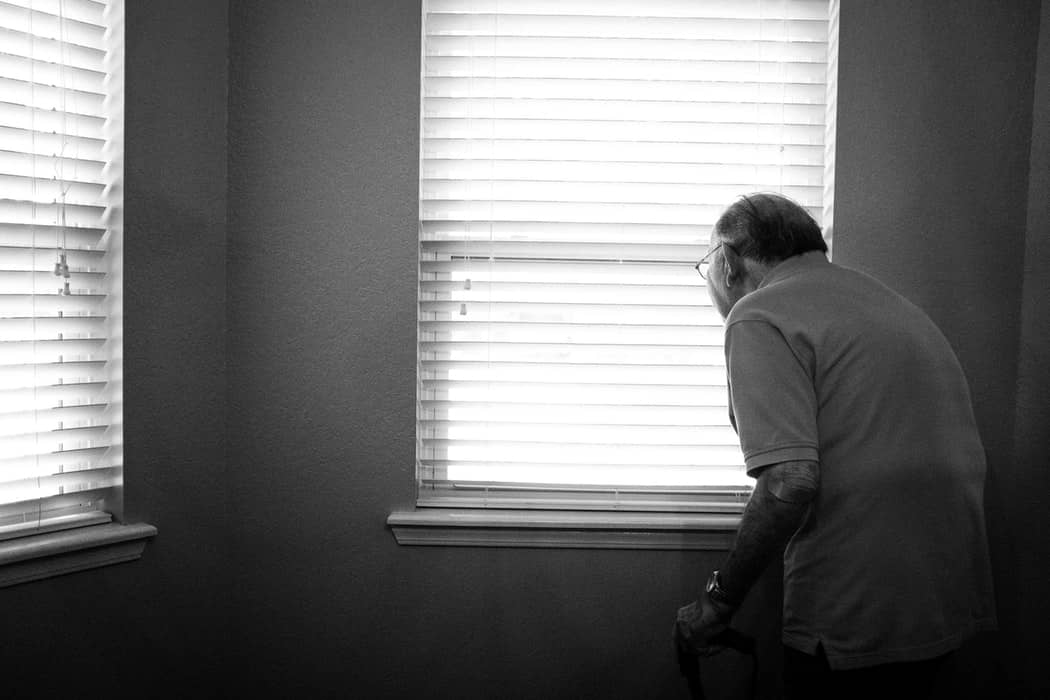Understanding and Controlling a Panic Attack
As previously mentioned in our Caregiving articles, caregivers are prone to suffering symptoms of anxiety and depression due to the stress of caring for a loved one. Many who suffer from anxiety occasionally go through panic attacks which occur without warning. As a matter of fact, according to The National Institute of Mental Health, about 5 percent of adults in the United States will experience a panic attack at least once in their lives.
What is a Panic Attack?
Panic attacks involve a sudden feeling of fright or terror that can occur at any given moment – even while you are asleep. These attacks usually last approximately 10 minutes although some may feel as it lasts longer. Some of the more common symptoms of a panic attack are:

- Feeling weak, faint, or dizzy
- Sense of fear or doom
- Chest pain
- “Racing” heart
- Difficulty breathing
- Feeling a loss of control
- Tingling or numbness in hands and fingers
What Triggers an Attack?
These types of attacks are unpredictable. They can occur anywhere, at any time, and at any place. For caregivers, panic attacks can occur due to the stress of caring for a loved one or even due to a change in their life. Due to menopause and the hormonal imbalance tied to menopause, women are twice as likely to suffer from panic attacks than men. However, those struggling with asthma are also at risk due to the heavy breathing and difficulty of catching your breath.
How Can You Control It?
Luckily, panic attacks are treatable and there are tricks to help prevent an attack from happening. Here are a few ways to help you control a panic attack:
Before an attack:
Reassure yourself. When you feel a sense of fear coming over you that might trigger an attack, reassure yourself that these panic attacks are only temporary. Little words of encouragement and reassurance can cause your mind and body to relax and calm down.
Skip the stimulants. Nowadays, it seems as though we need caffeine to function. However, this can increase your adrenaline and raise the likelihood of an attack. Instead, skip the caffeine and any over the counter medication that is designed to boost your energy.
Open Up. If you have someone you can trust, whether it be a family member or close friend, let them know about any symptoms you may face before a panic attack so they can assist you throughout your episode.
During an attack:
Breathe. If you feel a sudden rush of panic, focus on taking deep and steady breaths. If you are finding it difficult to control your breathing, take a drink of water. Drinking water is known to regulate your breathing which can slow down your heart rate and can help avoid a big panic attack.
Ground Yourself. A common trick most people use when suffering a panic attack is to ground themselves. Counting three or four items that are visible to you can help keep you grounded and avoid any feeling of uncertainty or disorientation.
Create Tension. It may seem odd to tense up during a panic attack but going from constant tension to exaggerated tension can help relax your body and calm your mind. Try sitting on a chair and tightening and releasing various muscle groups in your body for a few minutes. After causing all this tension, you should feel your body start to return to a calm and normal state.
After an Attack:
Check on Yourself. If you’ve noticed an increase in panic attacks, it may be a good idea to speak to your doctor about your symptoms and attacks. Not only is it beneficial to consult your doctor, but also take time for yourself to relax and reset after a long day of caregiving. Practicing self-care daily is the best way to keep your anxiety at bay and can help you avoid any future panic attacks.
At 24/7 Nursing Care, we are here for you. If you are a caregiver dealing with caregiver stress, please do not hesitate to contact us today at 855-Nurse44 or join our caregiver support group on Facebook.
24/7 Nursing Care places qualified caregivers, companions, and nurses who provide quality care for you or your loved one. If you are interested in any of our in-home care referral services, contact us today at our Miami-Dade office (786) 518-3622 or our Broward office at (954) 949-1332.





